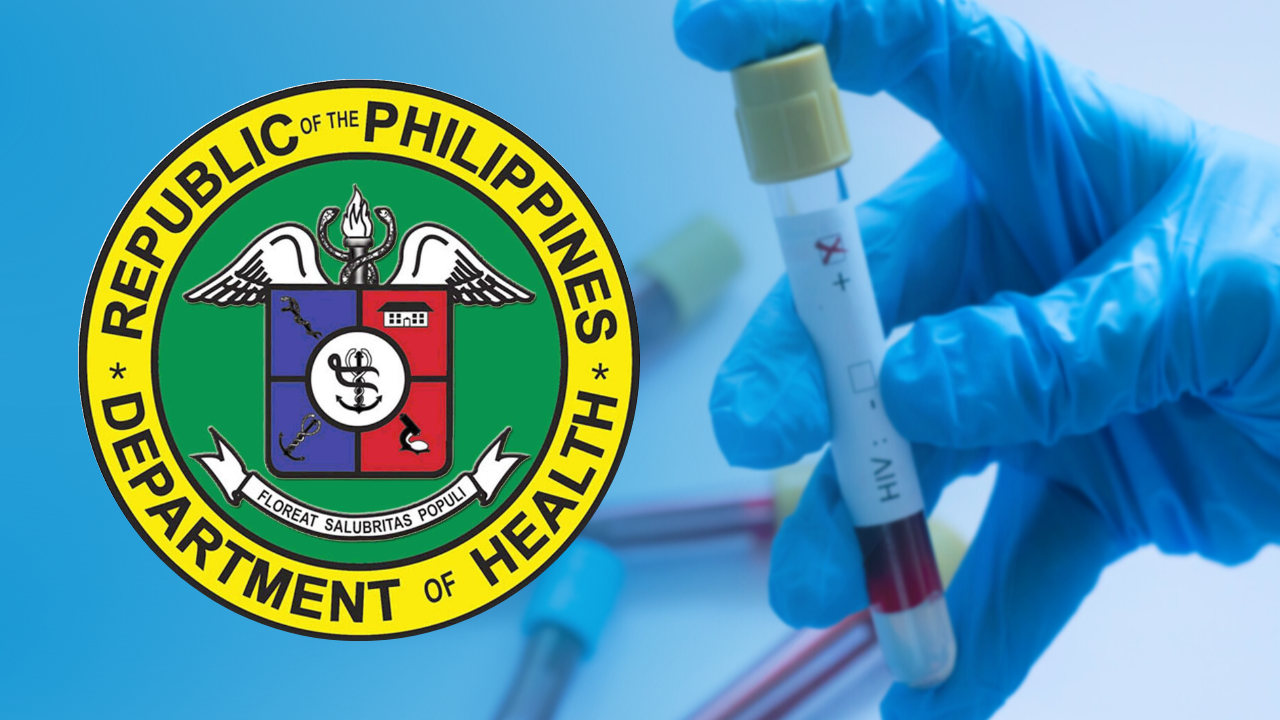DOH: 40,934 new cases of advanced HIV/AIDS

INQUIRER FILE PHOTO
The Department of Health (DOH) on Friday urged the public to get tested early for human immunodeficiency virus-acquired immunodeficiency syndrome (HIV-AIDS) as it called attention on the increasing number of newly diagnosed Advanced HIV Disease (AHD) cases in the country.
HIV/AIDS is an infection that targets and weakens the body’s immune system.
During the 16th Plenary Meeting of the Philippine National AIDS Council, the DOH said as of August 2024, there have been 40,934 AHD reported cases, representing 30 percent of all cumulative cases since 1984, indicating late detection and posing severe health risks.
“To prevent HIV/AIDS, we must get tested early as this helps avoid late-stage disease that can kill. Then, people living with HIV who stay on treatment can and do live happy and healthy lives,” Health Secretary Teodoro Herbosa said.
The World Health Organization defines AHD as having a CD4 cell count of less than 200 cells per-cubic-millimeter of blood, or Stage 3 or 4 in adults and adolescents.
Article continues after this advertisementCD4 is a type of white blood cell, called T-cells, which move throughout the body to seek and destroy pathogenic microbes, such as bacteria and viruses.
Article continues after this advertisementThe DOH said late diagnosis has contributed to a rise in the number of recorded HIV deaths, totaling 8,246 deaths cumulatively since 1984.
Annual fatalities are continuously increasing from less than 100 before 2011, to more than 400 by 2015 and reaching 879 in 2022.
The majority of deaths occurred among males aged 25 years to 34 years, with more than half or around 53 percent caused by complications from being immunocompromised or having AHD. From January 2024 to August 2024, there were about 464 deaths with HIV cases. A total of 28 deaths occurred in August alone.
The DOH said recent data shows that the Philippines has experienced the fastest-growing HIV epidemic in Asia and the Pacific. In 2023, there were 48 newly diagnosed daily, a significant increase from just 13 daily cases in 2013, as reported by the HIV/AIDS and ART Registry of the Philippines.